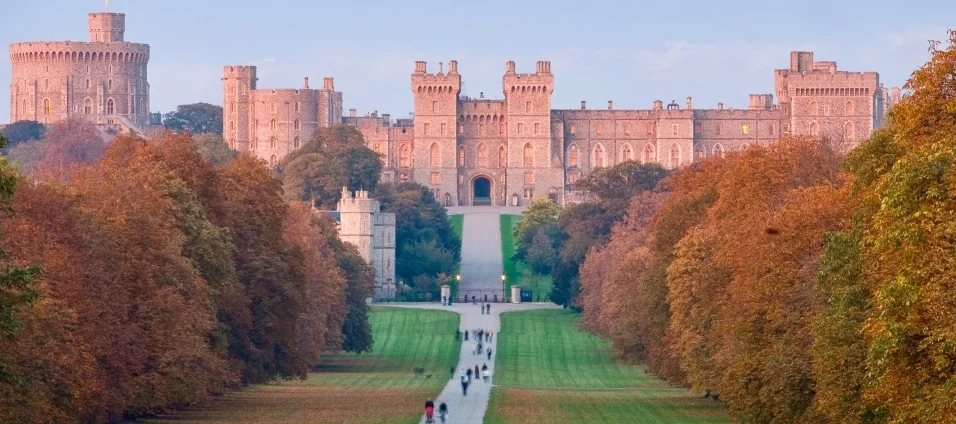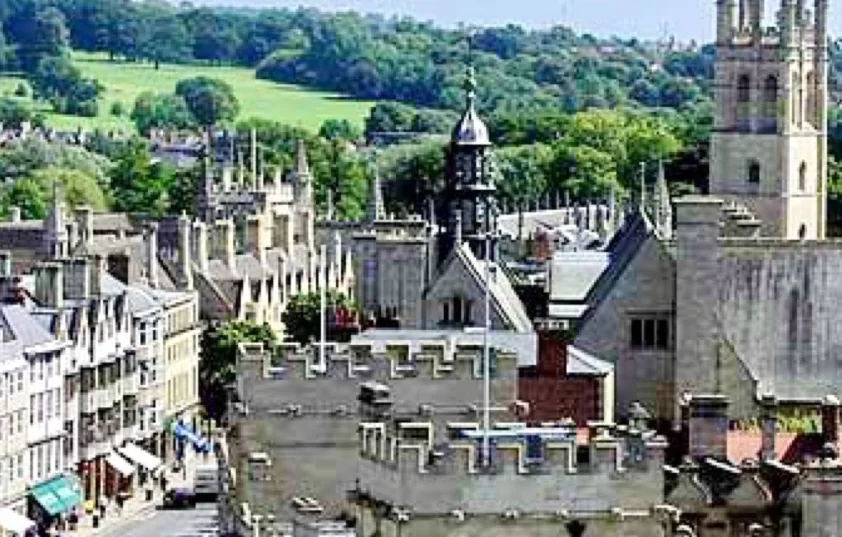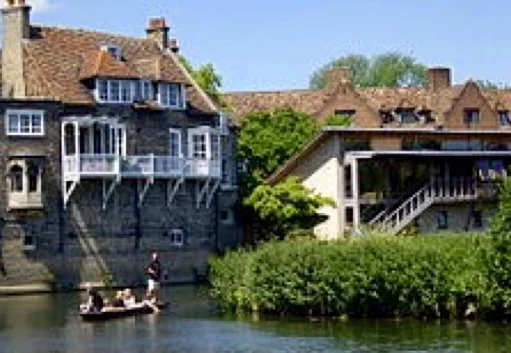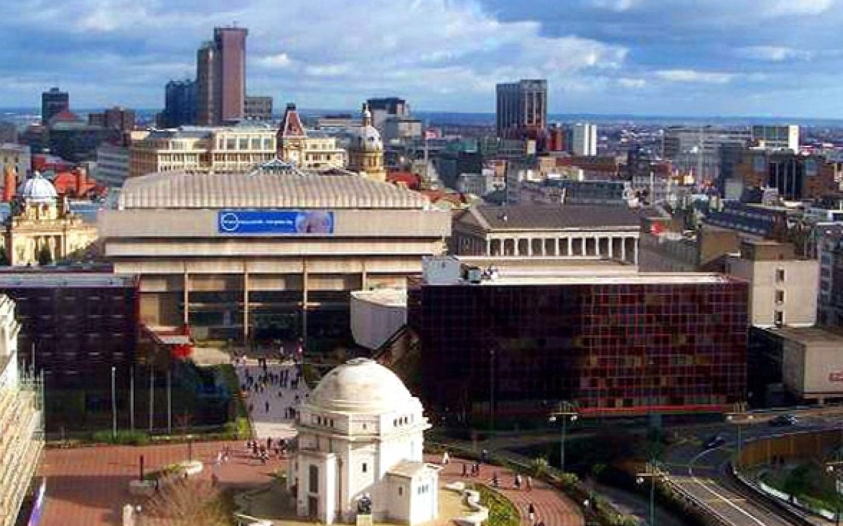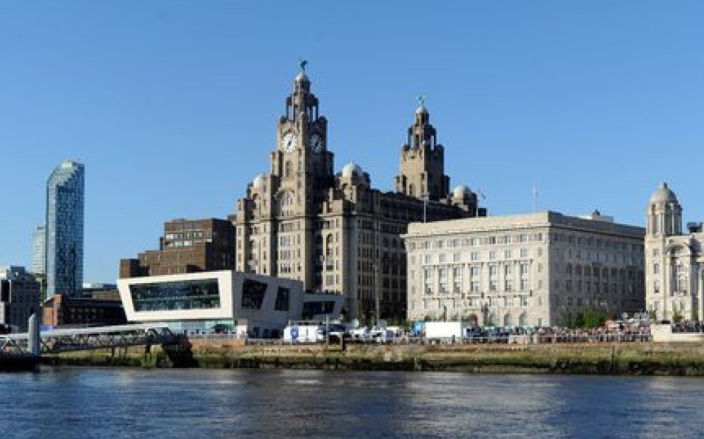WHAT TO DO IN the united kingdom
United Kingdom (‘the UK”), also known as the United Kingdom of Great Britain and Northern Ireland, is situated off northwest coast of the European continent. It is made up of four countries: England, Scotland and Wales, which occupies the entire island of Great Britain; and Northern Ireland, the northeast part of island of Ireland which borders to a separate country, Republic of Ireland. The UK is surrounded by Atlantic Ocean, North Sea to the east, English Channel to the south, Celtic Sea to the southwest and Irish Sea between Great Britain and Ireland. The country has a total area of 93,600 square miles (“sqm”) and is 11th largest country in Europe, with an estimated population of over 65 million people. UK is the fifth largest economy in the world. It was the first ever industrialised country, where during the 19th and early 20th centuries it was the world’s foremost power. Until today, the UK remains a great power with significant economic, cultural, military, political and scientific influence, globally. The capital is London and the currency is British pound sterling.
The country is well-known for its long history of Kings and Queens. But beforehand, evidence shows that first settlement in the UK was by modern humans about 30,000 years ago. The Insular Celtic, comprised of Brythonic Britain and Gaelic Ireland, populated the region by the end of prehistoric period. The 400-year rule starting in 43 AD by the Romans was followed by Germanic Anglo-Saxon invasion, mainly of Wales and England, which led to the formation of Kingdom of England by the 10th century. During the century before, Kingdom of Scotland was established by Gaelic-speakers in the northwest, together with the Picts. During the late 11th century, the Normans invaded England, seized and conquered most of Wales and Ireland and settled in Scotland. They were of great influence, but eventually assimilated with each of the local cultures. Subsequent medieval English kings ruled the region, while Scotland remained independent and was constantly in conflict with England. England was also heavily involved in conflicts with France, notably the Hundred Years War, while the King of Scots was in alliance with France during this period.
The early modern period starting around the 16th century witnessed religious conflict resulting from Reformation, which introduced Protestant state churches. Wales was fully incorporated into the Kingdom of England while Ireland was united in a personal union. By early 17th century, England, Scotland and Ireland were united in a personal union under James VI, King of Scots, who inherited the crowns of England and Ireland. He then moved his court from Edinburgh to London. Each country remained a separate political entity with its own legal, political and religious institutions. By the mid 17th century, all three kingdoms were together engaged in a series of connected wars, including the English Civil War, which led to the short-lived establishment of a unitary republic from 1649. The monarchy was officially restored by 1660 with Charles II as King. In 1707, the United Kingdom of Great Britain was established, officially uniting the kingdoms of England and Scotland. It was not until 1801 that the United Kingdom became official when parliaments of Britain and Ireland each passed an Act of Union, uniting the two kingdoms and created the United Kingdom of Great Britain and Ireland. The country emerged as a principal naval and imperial power after the defeat of France during the end of the Revolutionary and Napoleonic Wars in 1815. By 1851, the British Empire was expanded to include India, substantial parts of Africa and many other regions throughout the world. The industrial revolution in early 19th century began to transform the country into an economic and political power.
The monarchy was officially restored by 1660 with Charles II as King. In 1707, the United Kingdom of Great Britain was established, officially uniting the kingdoms of England and Scotland. It was not until 1801 that the United Kingdom became official when parliaments of Britain and Ireland each passed an Act of Union, uniting the two kingdoms and created the United Kingdom of Great Britain and Ireland. The country emerged as a principal naval and imperial power after the defeat of France during the end of the Revolutionary and Napoleonic Wars in 1815. By 1851, the British Empire was expanded to include India, substantial parts of Africa and many other regions throughout the world. The industrial revolution in early 19th century began to transform the country into an economic and political power.
Britain fought with France, Russia and the US against Germany and its allies in early 20th century. By 1921, the rise of disputes within Ireland and Irish nationalism led to the partition of the island where the northern part remained part of the UK. The country then entered second world war by declaring war on Nazi Germany in 1939, led by the country’s most famous Prime Minister, Sir Winston Churchill. Following the independence of India and Pakistan in 1947, most colonies of the British Empire also gained their independence, which led to the establishment of the Commonwealth of Nations. The UK was among the twelve founding members of the European Union in 1992, but in 2016 it voted to leave the union. It remains a full member until two years from the invocation of Article 50 on 29th March 2017.
The UK is a constitutional monarchy with Queen Elizabeth II as the head of state. The country is governed by a parliamentary “Westminster” system, led by a Prime Minister, which has two houses: the elected House of Commons and the appointed House of Lords. The monarch is also the head of state to fifteen other independent Commonwealth nations. Other famous and well-known monarchs include: Henry VIII who broke away from the Catholic church to enable him to divorce his first wife Catherine of Aragon and marry Anne Boleyn; Elizabeth I who was the first full head of the English church who reigned for 45 years but produced no heir; Queen Victoria who reigned for 64 years; and Edward VIII who reigned for less than one year and the only one who has ever abdicated the throne to marry the woman he loved. Currently, Queen Elizabeth is the longest reigning monarch since 1952.
For first-time travellers to the UK, if you just want to visit London, you will need at least five full days to explore this amazing city. For those who want to visit England’s countryside- which is the most beautiful in the world- and other major cities, you might want to stay at least ten days. A visit to Scotland, which I highly recommend, will then require a period of at least two weeks altogether to fully explore this amazing country that is abundantly rich with history. The coast of Northern Ireland is exceptionally beautiful, as well as Wales. Perhaps during your next visit to the UK you might want to consider visiting these other countries.
London will be on its own in the UK section, followed by England and eventually Scotland, Wales and Northern Ireland
I hope you have a lovely time in this remarkable country. Enjoy the UK and safe travels!
Places . . .
Featured . . .
Recommended Places To Go . . .






